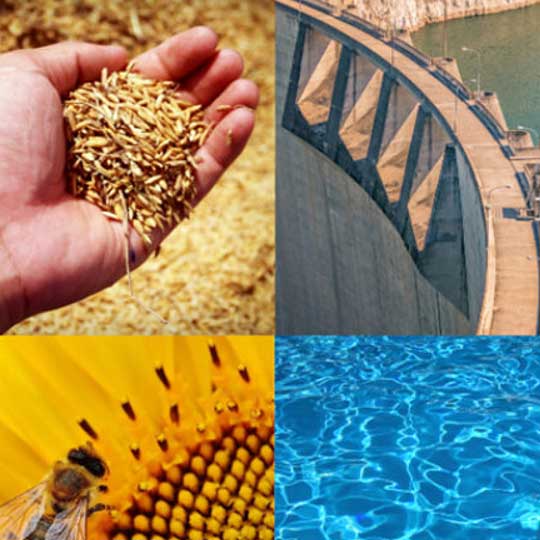
The Mediterranean countries face nowadays water scarcity, decline of resource efficiency and deterioration of ecosystems which are exacerbated by the impacts of climate change and the population growth. The southern and eastern part of the Mediterranean region has become more fragile in terms of food security since an increase in undernourishment is observed due mainly to regional crises and conflicts.
Water, energy, food and ecosystems (WEFE) sectors have historically been managed independently from each other in the Mediterranean region, with limited considerations of cross-sectoral interactions. Shortages of water, energy and food does potentially harm economic and business development and also compromise social well-being. This situation begs for the integrated management of the resources and integrated governance across sectors. Such integrated approaches will strengthen human, as well as water, energy and food security, environmental and climate security and contribute to the transition to green economy and achievements of SDGs and eventually also political security. Developing potential synergies between the main actors of the Nexus can enhance efficiency and good governance of natural resources, identify co-benefits and trade-offs across WEFE sectors, and propose possible policy measures and technical actions to reduce inter-sectoral tensions.
The Nexus WEFE opportunities areas are:
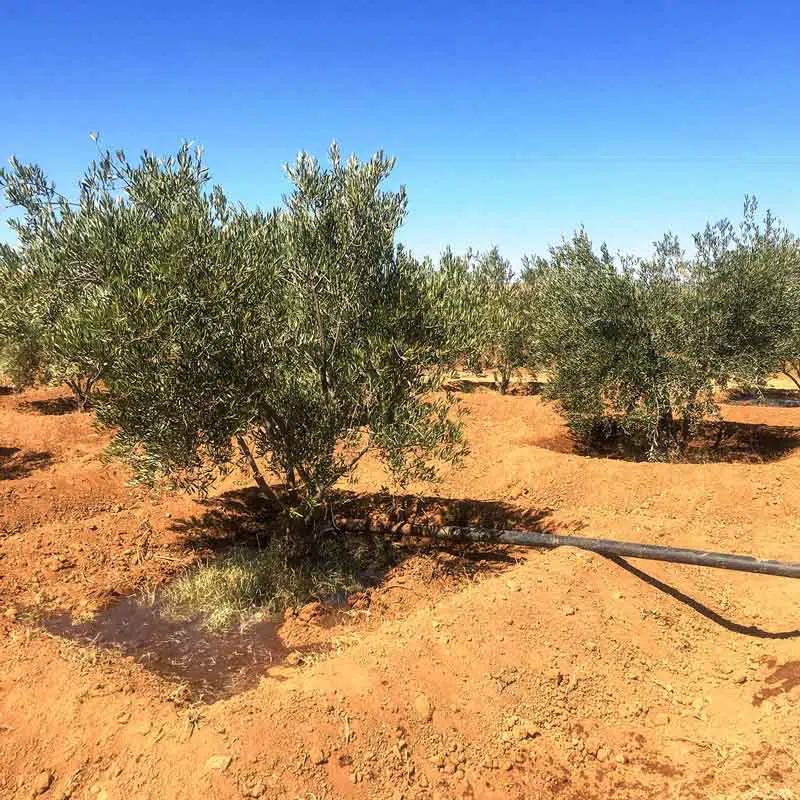
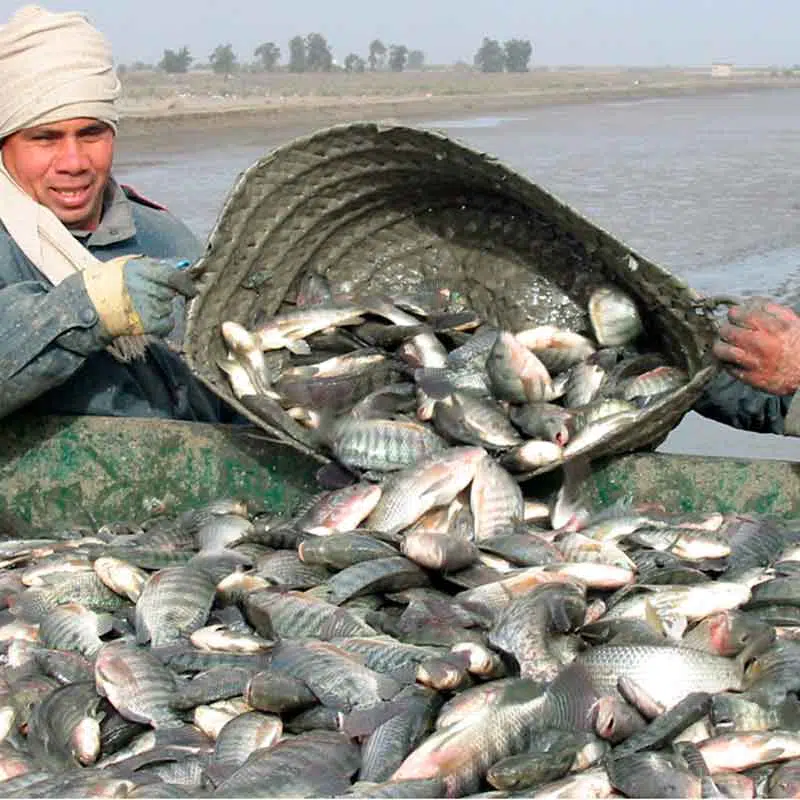
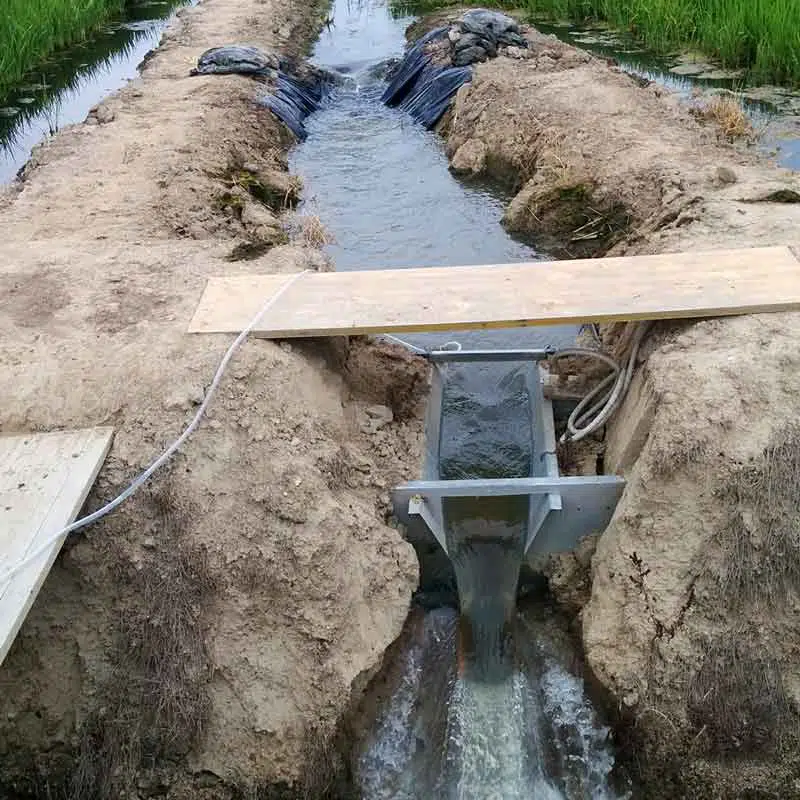
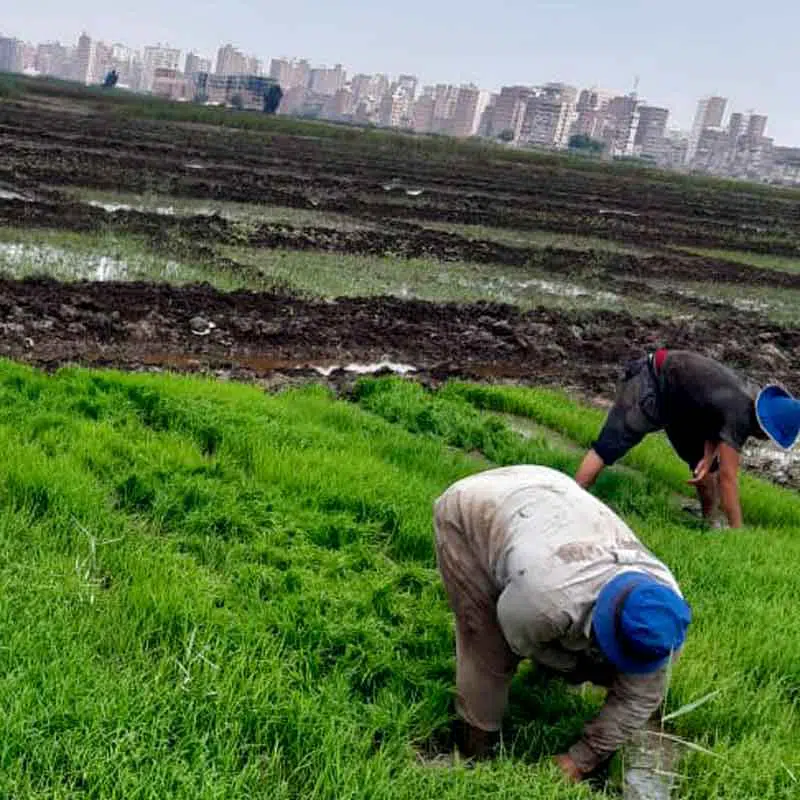
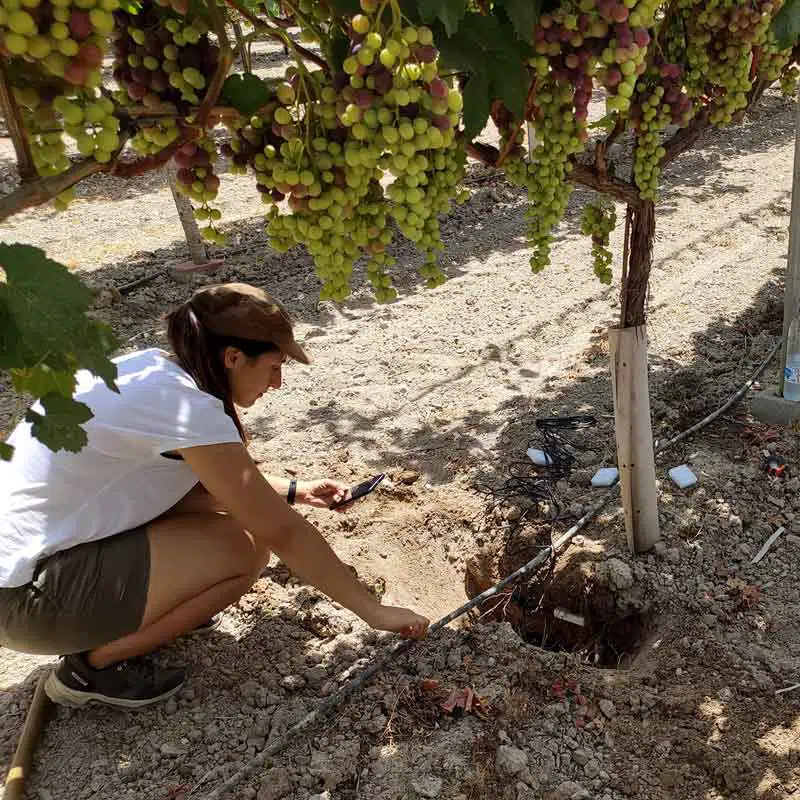
| Cookie | Duration | Description |
|---|---|---|
| cookielawinfo-checkbox-analytics | 11 months | This cookie is set by GDPR Cookie Consent plugin. The cookie is used to store the user consent for the cookies in the category "Analytics". |
| cookielawinfo-checkbox-functional | 11 months | The cookie is set by GDPR cookie consent to record the user consent for the cookies in the category "Functional". |
| cookielawinfo-checkbox-necessary | 11 months | This cookie is set by GDPR Cookie Consent plugin. The cookies is used to store the user consent for the cookies in the category "Necessary". |
| cookielawinfo-checkbox-others | 11 months | This cookie is set by GDPR Cookie Consent plugin. The cookie is used to store the user consent for the cookies in the category "Other. |
| cookielawinfo-checkbox-performance | 11 months | This cookie is set by GDPR Cookie Consent plugin. The cookie is used to store the user consent for the cookies in the category "Performance". |
| viewed_cookie_policy | 11 months | The cookie is set by the GDPR Cookie Consent plugin and is used to store whether or not user has consented to the use of cookies. It does not store any personal data. |